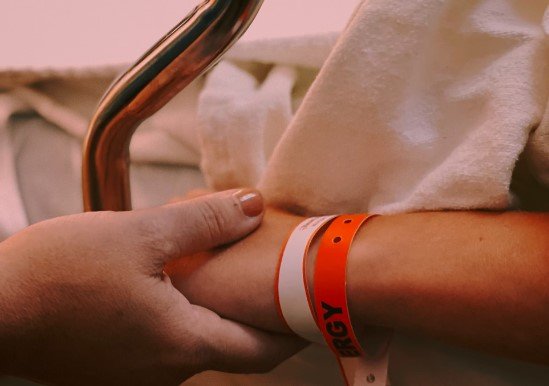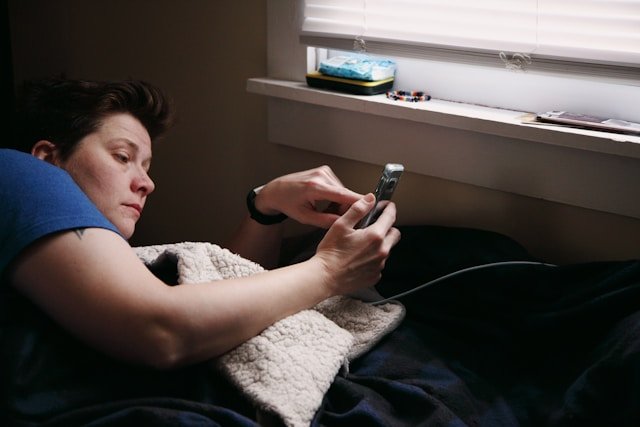World Cancer Day Highlighted Global Cancer Burden

On February 4, 2024, World Cancer Day, the International Agency for Research on Cancer (IARC), a division of the World Health Organization (WHO), released the latest estimates of the global cancer burden. These findings reiterated the pressing need for action in addressing cancer disparities and improving access to care worldwide.
Based on data from 2022, approximately 20 million new cancer cases and 9.7 million deaths were recorded globally. The IARC highlighted the concerning fact that a majority of countries do not adequately finance cancer and palliative care services as part of universal health coverage.
Lung, breast, and colorectal cancers were identified as the most common types globally in 2022, with lung cancer being the leading cause of cancer-related deaths. Disparities in cancer burden were evident based on gender and human development index (HDI), with lower HDI countries experiencing higher mortality rates due to late diagnosis and inadequate treatment access.
Dr. Isabelle Soerjomataram of IARC emphasized the significant disparities in breast cancer outcomes between high and low HDI countries. The WHO’s global survey further underscored inequalities in cancer services coverage between high and low-income nations.
Looking ahead, projections indicate a 77% increase in new cancer cases by 2050, with low and medium HDI countries facing the most significant proportional increases.
“The impact of this increase will not be felt evenly across countries of different HDI levels. Those who have the fewest resources to manage their cancer burdens will bear the brunt of the global cancer burden,” says Dr Freddie Bray, Head of the Cancer Surveillance Branch at IARC.
“Despite the progress that has been made in the early detection of cancers and the treatment and care of cancer patients–significant disparities in cancer treatment outcomes exist not only between high and low-income regions of the world, but also within countries. Where someone lives should not determine whether they live. Tools exist to enable governments to prioritise cancer care, and to ensure that everyone has access to affordable, quality services. This is not just a resource issue but a matter of political will,” says Dr Cary Adams, head of UICC – Union for International Cancer Control.







